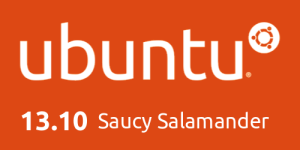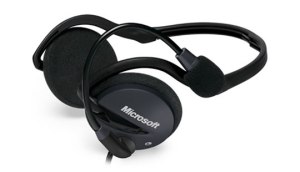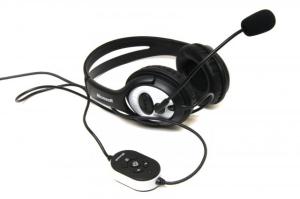
In this part I'll sum up my feelings after using Ubuntu13.10 & Linux full time for the last three days. I'll sum up what I think are Ubuntu 13.10's major selling points and what I feel should be worked on to make Ubuntu a vaible alternative to Windows, & what makes for a tough decision for someone wanting to switch to Linux.
Ubuntu 13.10's major selling points
Ubuntu 13.10 & linux in general's main selling point is, it's cheap as it only costs the price of a Blank DVD and Internet connection, It's also easy to setup with all Hardware being detected and setup during Installation, the only Linux Distribution that needs a bit of work to get fully working is OpenSuse with its oddity of having to different ways of handling the Wireless Card. There are loads of software applications both free & paid, Windows game developers are starting to bring out their catalogue of games on Linux. Ubuntu 13.10 has got a very intuitive and user friendly UI that makes it ideal for anyone who is new to Computers or Linux and it's far more productive than Windows 8.1's UI.
What needs to be changed in Ubuntu
The Hibernate feature used in Laptops and Netbooks to suspend & shutdown then resume from where you left off, needs to be fixed as in the last release it was broken & needed to be manually setup by getting help from the Ubuntu Forums on how to set it up & in this latest release it still needs to be manually setup, but it's still partially broken as it will only Hibernate when the battery is low & there doesn't seem to be a way to setup Hibernate to work when the Laptop or Netbook lid is closed. This needs to be fixed in the next version, but I highly doubt if it will get fixed as the developers probably don't even know that it's broken or just don't care that it's broken.
What makes it tough for anyone looking to switch to Linux from Windows
The one thing that makes it tough for anyone looking to switch to Linux from Windows is that there are a mass of different Linux Distributions.
Here is a list of the ones that I can think of off the top of my head:
- Debian
- Ubuntu and its derivatives KUbuntu, LUbuntu, XUbuntu, EdUbuntu, Linux Mint & Pear OS.
- Red Hat Enterprise Linux & its derivatives Fedora Core & Cent OS.
- Openuse.
- Slakware Linux.
- BSD Unix derivatives Open BSD, Free BSD & Net BSD.
- The more Technically involved but highly customizable, built from Source Code Gentoo Linux.
Then there are the different Desktop Environments:
- K Desktop Environment (KDE).
- Gnome Desktop Environment.
- Unity Desktop Environment (Used by Ubuntu).
- Enlightenment Desktop Environment ( a lightweight Desktop Environment).
- Xfce (another lightweight Desktop Environment).
- Cinnamon Desktop Environment (Used by Linux Mint).
- A heavily modded to look like Mac OSX Gnome Desktop Environment (used by Pear OS).
With all these different Linux Distributions & Desktop Environments there is no wonder that Linux is finding it hard to break out of the Niche market and make it into wat is a viable alternative to Windows & even Mac OSX when in windows there is only the Modern UI/Classic Desktop & in Mac OSX there is only the Mac Desktop that makes Mac OSX a true viable alternative to Windows if you can afford the price of Mac Hardware & with the dozens of OEM's that pre Install Windows onto Laptop/Desktop & Netbook Hardware with a varying price range to suit everyone. The only slightly Linux based system that is currently a viable alternative to Windows & Mac OSX being the Chromebook range running Google's Chrome OS as they are really cheap compared to Windows & even Mac Laptops & Netbooks.
Roland
Next Previous


